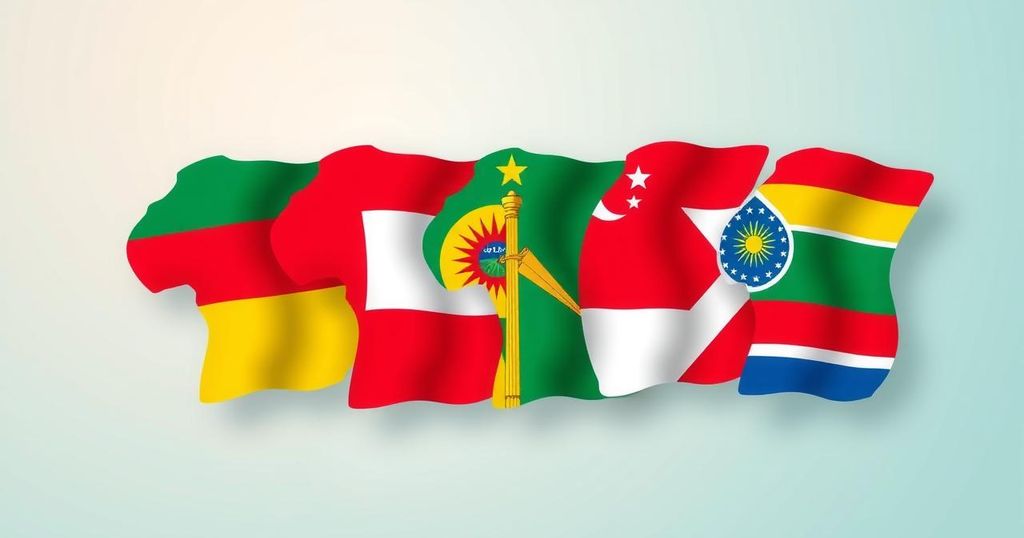Global news
ASIA, BEIJING, BRAZIL, CHINA, CHONG JA IAN, CNN, CNN HONG KONG, DONALD TRUMP, FOREIGN POLICY, GEOPOLITICS, INDIA, INTERNATIONAL RELATIONS, LI QIANG, NATIONAL UNIVERSITY, NATIONAL UNIVERSITY OF SINGAPORE, NEWS CHANNEL, RIO DE JANEIRO, SIMONE MCCARTHY, SOUTH AMERICA, US-CHINA RELATIONS, XI
Jamal Walker
0 Comments
Xi Jinping Misses BRICS Summit for the First Time
- Xi Jinping’s absence marks the first time in over a decade he misses a BRICS summit.
- Chinese leader’s absence suggests a shift towards domestic economic focus.
- BRICS includes new members but faces challenges unifying diverse political interests.
- Securing trade ties with oil-exporting nations is vital for China’s agenda.
- Future discussions will likely center around de-dollarization efforts among BRICS countries.
Significance of Xi’s Absence from the Summit
Xi Jinping’s absence from the BRICS summit marks a notable shift in China’s stance towards the group. Held in Rio de Janeiro, this gathering of major emerging economies will proceed without the leadership of its significant player. For over a decade, Xi has been at the helm of efforts within BRICS, promoting it as a key platform for presenting a united front against Western powers. This year, however, he has opted to send his deputy, Li Qiang, which poses questions about China’s approach and priorities amid ongoing global economic turmoil.
Domestic Pressures Influence China’s Stance
Observers suggest that Xi’s decision reflects both diplomatic and domestic priorities. With the looming challenges of trade conflicts, especially with the United States, Beijing appears to be recalibrating its strategies. This summit is seen as particularly critical, especially as BRICS confronts the pressures of U.S. tariffs, yet Xi’s absence might indicate a shift in focus towards internal economic stabilization. Analysts like Chong Ja Ian from the National University of Singapore believe that Xi’s lack of attendance should not necessarily downplay BRICS’ relevance in Beijing’s broader geopolitical strategy but rather showcases Xi’s current domestic commitments.
The Challenges and Opportunities Within BRICS
The dynamics of the BRICS group itself, which now includes new members, presents a mixed landscape. Leaders like India’s Narendra Modi and South Africa’s Cyril Ramaphosa will have prominent roles at the summit, especially with Russian president Vladimir Putin joining remotely due to ongoing war crime allegations. The variety of political systems and interests within BRICS has historically made unified approaches challenging, yet leaders are under pressure to show solidarity, particularly when advocating for a move away from the dollar in trade. Expectations remain mixed for substantive agreements, especially surrounding key issues like de-dollarization, where nations like Iran and Russia may find common ground to resist U.S. sanctions.
In summary, Xi Jinping’s absence from the BRICS summit in Brazil is a significant development, revealing shifting priorities within China’s global strategy. As the group grapples with internal dynamics and external pressures, the focus may shift towards domestic economic challenges while maintaining a veneer of solidarity among emerging economies. The gathering will likely reveal much about the current state of international relations, particularly in relation to the United States and the evolving landscape of global trade.




Post Comment